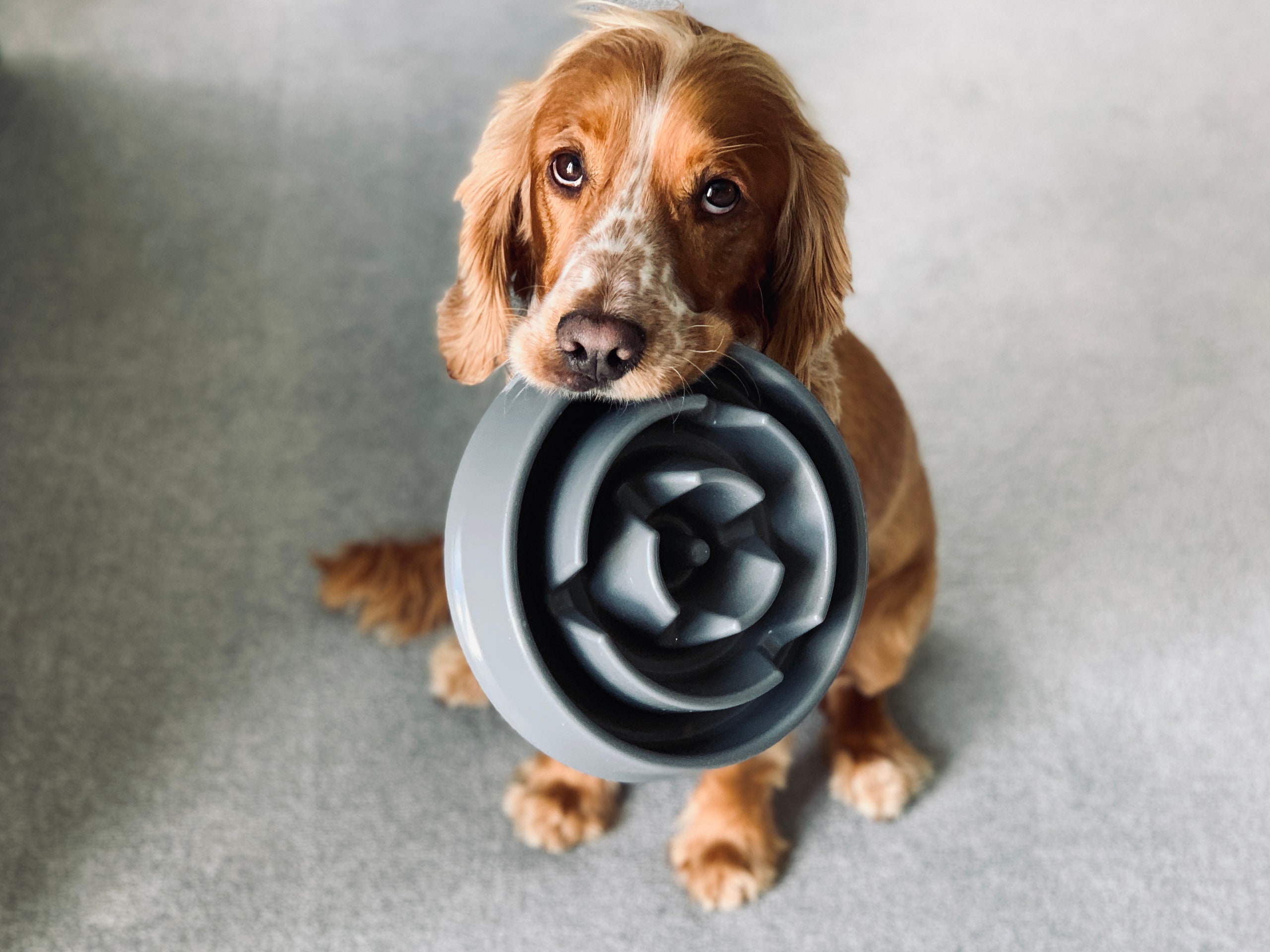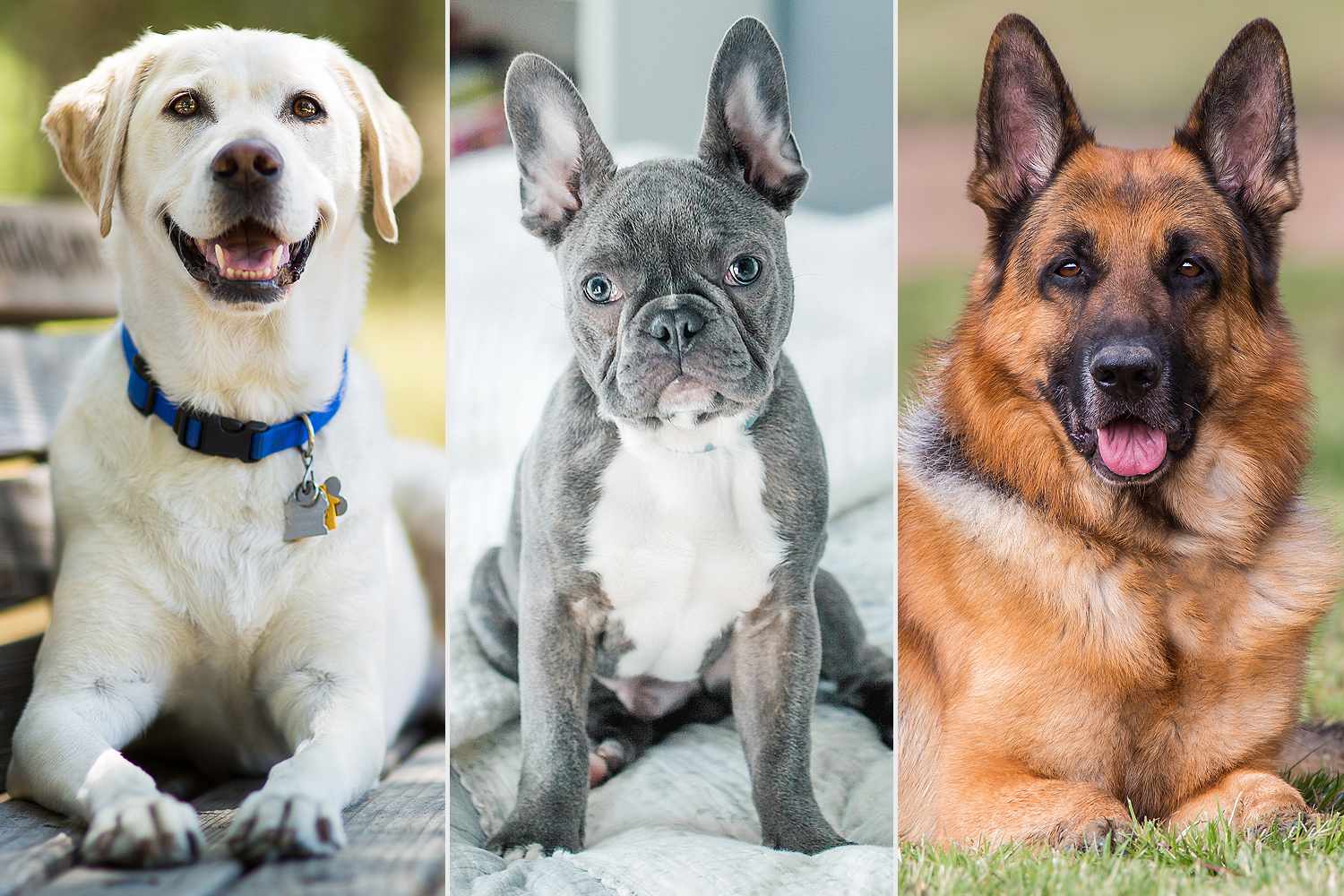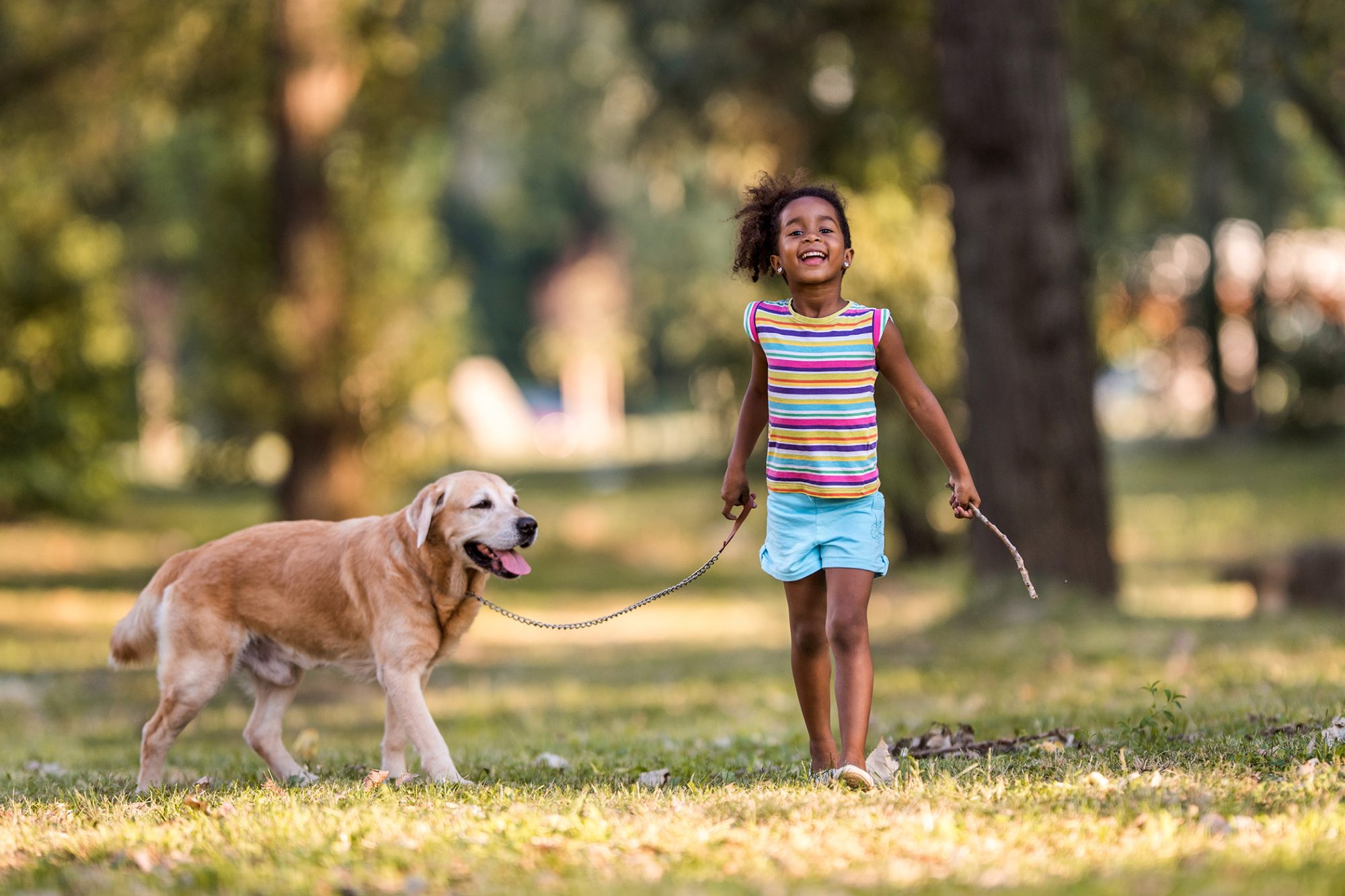
A Newfie, a large working dog, can be found in many colors. The Dominion of Newfoundland which was part of the Confederation of Canada is the Newfoundland's past. Black Newfoundlands were considered part of the breed before the confederation.
Life span
The Newfoundland dog can be a very large and active dog. There are many color options, including black, white, and grey. The Dominion of Newfoundland existed before confederation and black Newfoundlands were considered to be proper members of this breed. Today, however majority of Newfies is white.
There are many health issues that can affect the Newfie. The most common problem is luxating Patella, which affects your knees. This can lead to a condition known as degenerative myelopathy. Another common health issue is slipped disk, which can affect the spine. This condition causes a loss of joint coordination and may even result in paralysis.
Newfies are large dogs that can easily gain weight. It will need regular exercise to maintain its lean mass. Newfies are at risk of becoming obese. This can lead to a reduction in their lifespan and stress on their internal organs.
Characteristics

Newfoundlands are large dogs with some distinct physical characteristics. They make a great family dog and are a great friend for children. They have a keen awareness of water. They have been used historically as rescue and service dogs on fishing boats. Their partially webbed feet make them excellent swimmers.
Newfoundlands are a small breed that is very friendly with children and animals, and they can also be quite laid back despite being large. While they can be quite mellow, Newfoundlands are affectionate and loyal. They are great companions for children and their calm disposition and tolerance for affection makes them excellent for families.
The Newfoundland breed loves human contact. While they can be quiet and lazy indoors, the Newfoundland breed also enjoys being outdoors. Their exercise requirements are higher than the rest of their breed. Ideally, Newfies will have a yard to play in.
Health conditions
Newfies may be susceptible to several health problems. These could include cancer, allergies, heart disease, heart disease, or digestive problems. These problems often require medical care to treat. A Newfie's life expectancy can be shortened by a few years, so early detection is key.
Cervical vertebral instability (CVI) is a common health problem in this breed. This condition occurs when the vertebrae in the neck are malformed and put pressure on the spinal cord. It can lead to weakness and poor coordination in the hindquarters. Sometimes, complete paralysis can occur. CVI can often be treated with medications or surgery if it is caught early enough.

Newfoundlands, being a large breed, are susceptible to many health issues. While many of these issues are inherited, others are caused by environmental factors. Bloat can be fatal in Newfoundlands. Newfoundlands may also have eyelid abnormalities and Cushing's disease. A variety of allergies can also be a problem. Some allergies can lead bacterial infections and others to skin conditions that can be painful. Newfies also face the possibility of epilepsy.
Grooming
Grooming your Newfie dog is an important part of maintaining its appearance. Newfies have thick undercoats that require regular grooming to avoid matted fur. Puppy's need to be groomed regularly as their fur can easily become matted under their chins and behind their ears.
You will need grooming tools to groom your Newfie at-home. A set of quality tools can be worth the cost of a professional grooming session. After giving your dog a bath, make sure you give it a good shave. After that, brush through the dog's hair to get rid of any dead hair. Avoid rubbing too much fur dry. Instead, use towels or a non-heated blow dryer. After your coat is completely dry, you can place your dog on a grooming surface and get started.
These are some tips to help you if you have never groomed Newfies before. Grooming a Newfie should be fun! For a healthy and smooth coat, it is important to be gentle with your pet.
FAQ
How can I determine if my dog is suffering from fleas
You may notice your pet scratching or licking excessively at its fur.
Flea infestations could also be suspected if you notice redness on your pet’s skin.
Take your pet to the veterinarian as soon as you can for treatment.
What are my considerations before I get an exotic pet?
You need to be careful before you decide to buy an exotic pet. First, decide if you intend to keep the pet as a pet or sell it. If you plan to keep it as a pet, make sure you have enough room. You should also know how much you plan to spend on the animal's care. Although it takes time to care and love an animal, it is well worth the effort.
If you want to sell the animal you must find someone who is willing to buy it. It is important that anyone who purchases your animal understands how animals are cared for. Also, make sure that you don't overfeed the animal. This could lead to health problems down the line.
You should research every aspect of exotic pets before you buy them. Numerous websites offer information on different types of pets. Be cautious not to fall for scams.
What are the responsibilities that pet owners have?
A pet owner must be devoted to their pet. They must also take care of their basic needs, such as shelter, food, water, and shelter.
They should also teach the pet how to behave. It is important to take care of your pet and not neglect it.
He should be responsible enough to clean up after it.
How often should I groom my dog?
Grooming your pet dog is very important. Grooming your dog is important to keep his coat clean and healthy.
At least twice per week, your dog should be brushed. Brush your dog after every meal.
The best way to remove dirt and hair from your dog is to brush his fur. Brushing his teeth will make him appear healthier.
It is important to brush his ears in order to prevent ear infection.
How to make your pet happy
Pet owners often wonder if they can make their pets happy. You can buy pets toys, treats and even clothing. Some pets are not fond of certain things so this may not work every time. Some dogs, for example, can't bear sweaters.
So, before buying something for your pet, try to figure out why he doesn't like it. You might find that your pet likes different types of food than you. You might find that he dislikes shoes.
Another tip is to play games with your pet. A ball or a frisbee are good options. It can be thrown around the room. You can also just throw it in the air, and watch it chase down. This game is fun for both of you. It's relaxing and fun.
A bath is also a good idea for your pet. A bath helps to remove dead skin cells and dirt from your pet's coat. And it keeps him smelling nice.
It is also vital that your pet stays healthy. Do not give your pet junk food. Do not allow him to eat junk food. Instead, give him high-quality food. Get him plenty of exercise. Go outside and take him to play fetch or for a walk.
Your pet will enjoy spending time with you. Many pets enjoy spending time with their owners.
Don't forget to show unconditional love for your pet. Never yell at him or hit him. Be patient with your son. Be patient with him.
What kind of food should I feed my dog?
A healthy diet is essential for your dog.
Chicken, beef, eggs and dairy are some of the protein-rich foods.
Other foods high in carbohydrates include vegetables, fruits, breads, cereals pasta, rice, potatoes and beans.
A variety of foods that are low-fat include lean meats (poultry, fish), nuts, seeds, legumes, and whole grain.
Before you give your dog different foods, make sure to consult your veterinarian.
What are the things you should consider when buying a pet?
Consider what lifestyle you want for your family and yourself. Do you have children? How many children do you have? Are they still young? Are there any dietary restrictions?
Do you have allergies? Is there anything else you need to know about your pet?
Once you have answered these questions, consider whether or not you are looking for an active companion dog, a calm cat or a house-trained feline.
If you are thinking about adopting a puppy, be sure to go to a shelter or rescue group to get to know them.
You will also need to confirm that the animal has been immunized against rabies or other diseases.
Also, inquire about the owner's willingness to take care of your pet while you travel. This will make it so you don't have worry about leaving your pet home.
Pets are part of the family. You shouldn't adopt a pet unless it is a good fit for you!
Statistics
- A 5% affiliation discount may apply to individuals who belong to select military, law enforcement, and service animal training organizations that have a relationship with Nationwide. (usnews.com)
- Reimbursement rates vary by insurer, but common rates range from 60% to 100% of your veterinary bill. (usnews.com)
- Monthly costs are for a one-year-old female mixed-breed dog and an under one-year-old male domestic shorthair cat, respectively, in excellent health residing in Texas, with a $500 annual deductible, $5,000 annual benefit limit, and 90% reimbursement rate. (usnews.com)
- For example, if your policy has a 90% reimbursement rate and you've already met your deductible, your insurer would pay you 90% of the amount you paid the vet, as long as you're still below the coverage limits of your policy. (usnews.com)
- In fact, according to ASPCA, first-year expenses can sum up to nearly $2,000. (petplay.com)
External Links
How To
The best way to tell a dog where it is appropriate to go to urinate.
Teaching your pet to use the bathroom correctly is crucial. It's also important to know how to train them if they start going outside without you. These are some helpful tips for teaching your dog to use the restroom correctly.
-
Get started training as soon as possible. Training early is key if you want to avoid accidents during playtime
-
Give your pet food rewards. It will increase your chances of success if you reward your pet for each successful trip to a potty.
-
Be sure to keep treats out of the area where your dog pees. He could associate urine with the scent of his favorite treat.
-
Before letting your dog out, be sure to make sure there isn’t any other animal nearby. Dogs may be influenced by the behavior of others who relieve themselves.
-
Be patient. Your puppy might take a bit longer to figure things out than a fully grown adult.
-
Before you allow your dog to use the bathroom, be sure she has a good sniff of everything. If she can smell the toilet, she will learn more quickly.
-
Don't let your dog stand next to the toilet while you're taking care of business. This could cause confusion.
-
When you finish, wipe down the seat and the floor around the toilet. These areas will be a reminder of what you should do in the future.
-
Make sure to clean up all messes as soon as possible. It is important to clean up any accidents quickly and thoroughly. You might have to give him another chance at relieving himself.